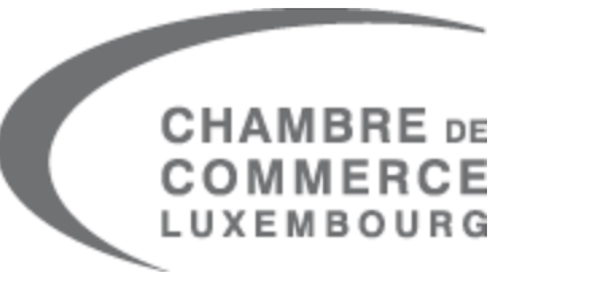
\The Chamber Of Commerce’s latest bulletin Actualité et Tendances addresses the issues underlying free trade and, according to the Chamber’s website, sets out the following points:
THE 10 ESSENTIALS FOR A REINVIGORATED INTERNATIONAL TRADE
Ensuring the sustainability of EU trade policy
No 1 Reviewing the governance of EU trade policy to avoid the repetition of the Walloon scenario in the context of the CETA negotiations, i.e. blocking of the signature of a free trade agreement between the European Union and a third-party country, since such a scenario not only delays the positive effects of trade agreements, but also risks undermining the Union vis-à-vis other potential trading partners.
No 2 Working towards more inclusive free trade by identifying the causes of "pain" and supporting those who lose out from free trade through a real redistribution policy which, instead of creating traps for employment, proposes measures that strengthen employability and social cohesion.
No 3 Defining a real strategy to ensure a "level playing field" and the reciprocity of commitments, particularly in public procurement, while maintaining a firm position vis-à-vis pernicious and discriminatory business practices.
No 4 Driving free trade means steering globalisation! In this respect, Luxembourg must play its natural role as a strong advocate of European integration and as a country that helps shape the Union’s development. The Grand Duchy can make a very significant contribution - disproportionate to its small size - to influencing the rules of EU trade policy and setting of exacting standards whilst ensuring respect for the level playing field. At the same time, it is important to support the European Union as its future weight in world trade will be reduced in favour of emerging countries.
Promoting the internationalisation of Luxembourgish companies
No 5 Ensuring that the recent reform of economic promotion can clarify the role of each partner involved, enabling Luxembourgish companies to differentiate between the actors who are responsible for organising initiatives to promote foreign trade and helping in this area. Duplication and lack of coordination are to be avoided. The Chamber of Commerce continues to commit itself to the success of this reform and to play its historic role as an anchor and a privileged partner of its member companies in the promotion of foreign trade and the internationalisation of SMEs in all business sectors.
No 6 Exploring the introduction of export tax credits for SMEs to help them develop their international business, similar to the instruments available in the United States and in France.
No 7 Promoting subcontracting and training of exportation experts since transferring the management of, inter alia, tax and legal matters to an expert, would allow small structures to focus on their core activities and stimulate their interest in engaging with an internationalisation strategy. The training of exportation experts could be part of a tertiary professional training programme.
Encouraging more geographic and industrial diversification
No 8 Diversifying the address book for exports and imports to better balance the risks of excessively concentrating on a few partner countries.
No 9 Further diversifying Luxembourg's industrial base to participate in international value chains by increasing the number of STEM (Science, Technology, Engineering, Mathematics) diplomas; by adapting training offered to low-skilled workers; by providing the infrastructure needed to develop new high value-added industrial niches; by providing common platforms to reduce research and development costs through the sharing of human and infrastructural resources; and by building bridges between basic and applied research.
The importance of “housekeeping”
No 10 Ensuring the sustainability of EU policy. It is only when all Member States assume their responsibilities that European cooperation can be achieved. To enhance the European single market’s efficiency, Luxembourg should for instance maintain regular contact with the organisations responsible for mutual recognition; organise information sessions to keep companies informed of the latest developments in e-commerce; proactively encourage Luxembourgish companies to take part in European public tenders; and address problems in terms of mobility and housing to encourage labour mobility and continue to attract highly qualified workers.
To view the complete Actualité et tendances No 19 in French: click here
To order a printed version of Actualité et tendances No 19 in French: click here
To discover the Merkur dossier "Free trade: hotbed of tension and source of reconciliation" in English: click








